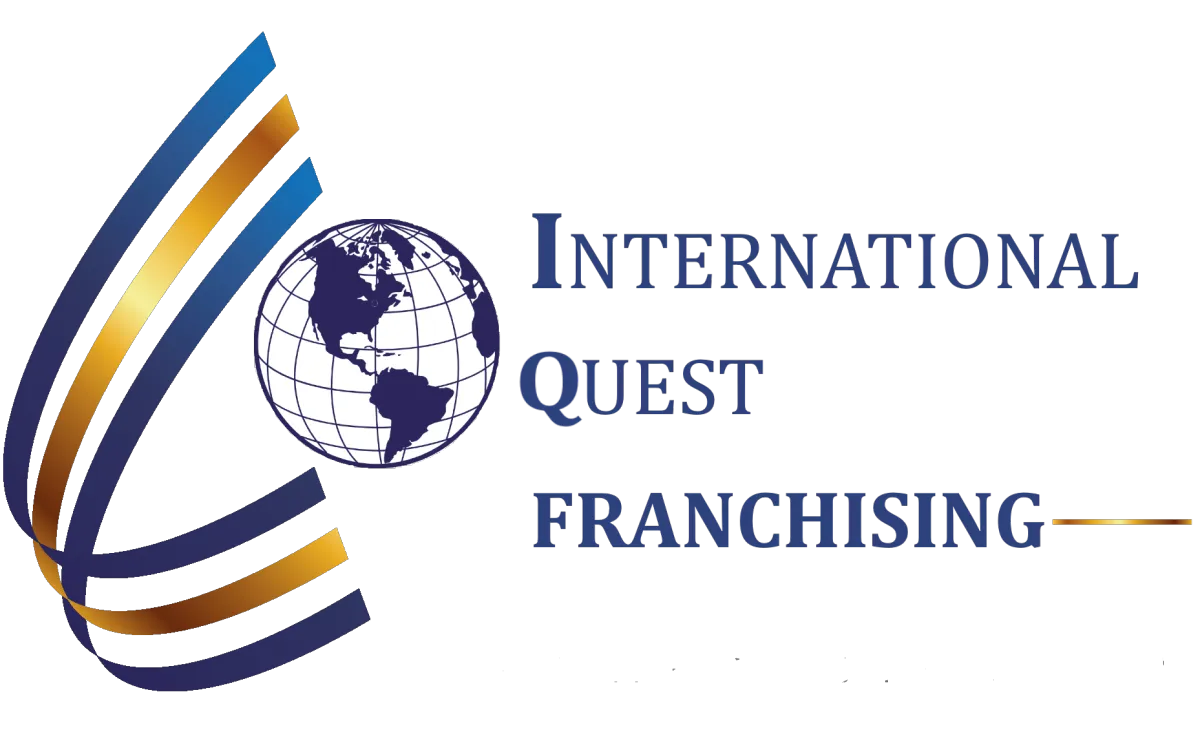
Project Portfolio Management for Franchise Development
Understanding Project Portfolio Management (PPM) in Franchise Development
Project Portfolio Management (PPM) involves managing a collection of projects to achieve specific business goals. In the context of franchises, it means organizing and overseeing various franchise-related projects to ensure they contribute to the overall success and expansion plans of the franchise system.

PPM is crucial for franchise growth and scalability because it helps businesses prioritize the right projects, allocate resources efficiently, and ensure that every project aligns with the company's strategic goals. This, in turn, leads to better decision-making and maximized profitability.
It’s essential to differentiate project management from portfolio management. Project management focuses on planning, executing, and closing individual projects. On the other hand, portfolio management oversees a group of projects to determine which should be prioritized and how resources should be allocated.
Key components and stages of PPM include project selection, prioritization, resource allocation, risk management, and performance monitoring. Strategic alignment of projects with franchise goals ensures that every project undertaken directly supports the franchise's expansion and operational objectives.
Need Help? Use International Quest Franchising, LLC
IQ Franchising helps businesses grow and expand through franchising by working closely with clients to build strong, successful franchise systems. We start by understanding your business, then develop a strategic plan that addresses challenges and maximizes profits. Our expertise in project management and operational efficiency, like Lean & Six Sigma, ensures your franchise system is both effective and sustainable. With our support, your business can thrive, and franchisees can make a positive impact in their communities. Let us help you achieve success and reach your franchising goals. To learn more, Visit. (916) 774-7142
Benefits of Implementing PPM in Franchise Development
One major benefit of PPM is enhanced decision-making through data-driven insights. By analyzing data, franchises can identify which projects are most likely to succeed.
PPM also helps in optimized resource allocation and utilization. This ensures that resources such as time, money, and manpower are invested in projects that align with strategic goals.
Improved risk management and mitigation are another key advantage. PPM allows franchises to identify and address potential risks proactively.
It leads to greater transparency and accountability in project execution. Everyone involved can see project progress, which helps in keeping stakeholders informed and aligned.
Faster time-to-market for new franchise locations becomes achievable. With efficient management, new sites can be opened more quickly without compromising quality.
Consistent brand standards and operational practices across outlets ensure that every franchise location maintains the same high standards, enhancing overall brand reputation.
Setting Up a PPM Framework for Franchise Development
Start by establishing clear strategic objectives and goals. This provides a roadmap for which projects to undertake.
Create a structured project selection process. This involves using criteria such as strategic alignment, financial viability, and resource availability to choose projects.
Defining roles and responsibilities within the PPM framework ensures everyone knows their duties and how they contribute to the bigger picture.
Utilize PPM tools and software for effective management. Tools like Microsoft Project or Asana can streamline project tracking and resource management.
Developing performance metrics and KPIs for portfolio monitoring helps in tracking progress and making adjustments as needed.
Key Criteria for Project Selection in Franchise Portfolios
Strategic alignment with franchise expansion plans is crucial. Projects should help fulfill long-term goals.
Assess financial viability and ROI. Each project should offer a reasonable return on investment.
Consider resource availability and capacity. Can the franchise system support this project with current resources?
Analyze market demand and location. Ensure there is enough demand for a new franchise in the proposed area.
Risk assessment and feasibility studies are essential to identify potential pitfalls.
Ensure alignment with brand standards and operational guidelines to maintain brand consistency.
Managing Risks and Challenges in Franchise Project Portfolios
Common risks in franchise projects include economic downturns, legal issues, and operational challenges. Being aware of these helps in preparing better.
Implement proactive risk management strategies like regular audits and risk assessments to mitigate potential issues before they become significant problems.
Ensure compliance with legal and regulatory requirements to avoid fines and legal troubles.
Handle stakeholder expectations and communication by keeping everyone informed and aligned with project goals.
Address challenges in maintaining brand consistency through regular training and audits.
Balance innovation with standardized operations to ensure each franchise location runs smoothly while still allowing room for new ideas.
Leveraging Technology in PPM for Franchise Development
Adopt PPM software solutions for better oversight. Tools like Trello or Monday.com can help manage multiple projects efficiently.
Utilize AI and machine learning for predictive analytics. These technologies can forecast project success and identify potential issues.
Cloud-based platforms allow for real-time collaboration among team members, making project management more flexible and efficient.
Integrate CRM and ERP systems for seamless data flow. This ensures all project data is accessible and up-to-date.
Automate routine processes for efficiency. Automation can handle repetitive tasks, freeing up time for more strategic work.
Enhance data security and compliance through technological solutions. This protects sensitive information and ensures regulatory compliance.
Case Studies: Successful PPM Implementation in Franchise Development
Let's look at a retail franchise's journey with PPM. The company implemented a PPM framework to align its expansion projects with strategic goals. This led to faster rollouts and higher profitability.
Another example is a restaurant chain that scaled using PPM best practices. By organizing their projects and resources efficiently, they were able to open new locations quickly without compromising quality.
Key takeaways and lessons learned from these case studies include the importance of strategic alignment, efficient resource allocation, and proactive risk management.
Best practices derived from successful franchises involve regular performance reviews, stakeholder engagement, and continuous improvement of the PPM process.
The impact of PPM on franchise growth and market penetration is substantial, leading to better brand consistency and faster time-to-market for new locations.
Best Practices for Continuous Improvement in PPM
Regularly review and update the PPM framework. Business environments change, and your PPM process should adapt accordingly.
Encourage a culture of continuous learning and innovation. This keeps the team motivated and open to new ideas.
Engage franchisees in the PPM process for feedback. Their insights can lead to more effective management strategies.
Conduct periodic audits and performance reviews to ensure all projects stay on track and meet their objectives.
Stay updated with industry trends and PPM advancements to incorporate the latest best practices into your framework.
Invest in training and development for PPM teams. A well-trained team can manage projects more effectively and contribute to overall success.
Summary: The Future of PPM in Franchise Development
Recapitulating the major points, PPM is important for franchise development as it aids in efficient project selection, resource allocation, and risk management.
Emerging trends and innovations in PPM are likely to include more advanced AI and machine learning tools, improving predictive analytics and decision-making.
The evolving role of technology in enhancing PPM will focus on real-time collaboration and automated processes for better efficiency.
For franchise owners, it is recommended to invest in a robust PPM framework and stay aligned with strategic goals to ensure sustainable growth.
Through effective PPM, franchises can achieve steady expansion and improved operational consistency, setting the stage for long-term success.
International Quest Franchising, LLC Business Address: 3028 Douglas Blvd. Ste. 300 City: Roseville State: CA Zip: 95661 Phone: (916) 774-7142
